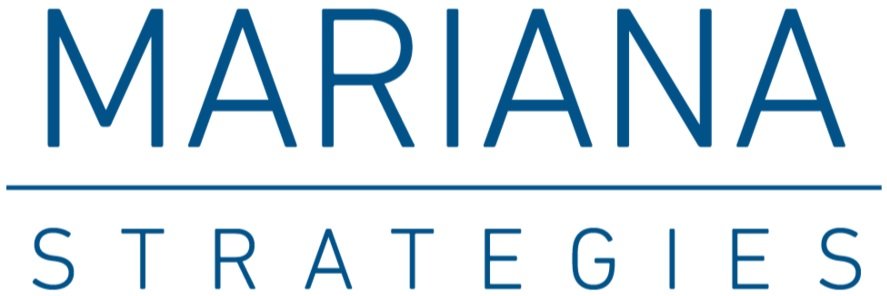Make Performance Reviews Valuable
Research shows that people become high performers by identifying specific areas where they need to improve and then practicing those skills with performance feedback.
When done right, performance reviews give team members opportunity for reflection, assessment, and growth.
When done wrong, managers give low-quality feedback and in many instances, reinforce negative stereotypes.
If your managers need a performance review reboot, this workshop is for them.
Does your workplace training measure effectiveness?
Ours does.
A Data-Driven Approach
To assess the effectiveness of the training, we measure knowledge and behaviors before and after the workshop:
Pre-workshop data establishes a baseline, identifying knowledge gaps and areas for improvement.
Post-workshop data measures knowledge gains, shifts in attitudes, and changes in planned behavior.
Ongoing tracking allows your organization to evaluate whether training leads to meaningful, long-term cultural improvements.
A focus on data supports sustained behavior change by identifying trends, reinforcing positive behaviors to create a safer, more respectful work environment.
What Our Performance Review Course Covers - And How We Do It:
Details
120 minutes (live) plus 30 minutes asynchronous content
Facilitated live by an expert
Activities, breakouts, and more interactive content
Introduction to the Value of Performance Reviews
Giving an accurate and actionable evaluation of performance and setting the roadmap for developing that individual’s skills to match job tasks
Connecting Performance Reviews to Check-Ins
Balancing static goals and agile criteria;
Delivering feedback when there’s maximum impact; and
Awareness of potential bias to take action when needed
Strategies to Root Out Bias
Using objective criteria
multiple feedback channels
Specificity and details in feedback
Data over time
Practice Relevant Situations
Scenarios that reflect real-life performance review pitfalls
Post Workshop support
Materials that reinforce learning by email
Strategies for delivering thoughtful and meaningful reviews
Our Live Performance Review Workshops Builds Your Skills
Setting expectations for team members by giving actually useful feedback (and how);
Performance reviews dos and don’ts; and
Reducing bias in performance reviews
Why should you learn to give thoughtful performance reviews?
They Provide an Opportunity for Feedback and Dialogue. Performance reviews create a structured space for open communication between managers and employees. This allows employees to understand how their performance is perceived and receive guidance on areas for improvement and growth.
They Reinforce Positive Behaviors and Results. By highlighting strengths and achievements, reviews acknowledge and reward employees' contributions. This recognition can be highly motivating and encourages continued high performance.
They Identify Developmental Areas. Performance reviews help employees pinpoint areas for improvement, providing a clear focus for professional growth and learning. This supports ongoing development and skill-building.
They Align Individual and Organizational Goals. Reviews ensure that employees' goals and priorities are in sync with those of the team and organization. When necessary, adjustments can be made to ensure alignment and maximize impact.
They Provide Documentation for Key Decisions. The review process generates formal records of employee performance that can inform decisions around compensation, promotions, and other career advancements. This increases transparency and fairness.
They Boost Engagement and Motivation. When done effectively, performance reviews make employees feel valued and invested in. This engagement strengthens their connection to the organization and drives motivation.
They Strengthen Manager-Employee Relationships. By fostering open dialogue and mutual understanding, performance reviews build trust and improve working relationships. Managers and employees can work more effectively together to achieve shared goals.
They Improve Organizational Performance. Performance reviews contribute to better overall organizational outcomes by aligning individual efforts with strategic objectives, addressing performance gaps, and celebrating achievements.
They Benefit Both Employees and the Company. When handled properly, performance reviews support employee development, enhance motivation, and drive business success, making them a critical tool for long-term growth and success.



